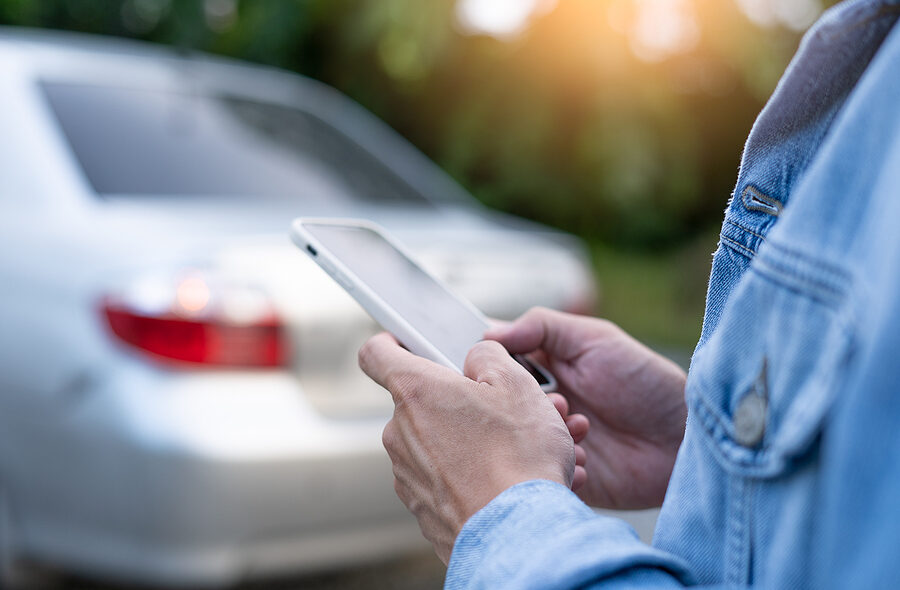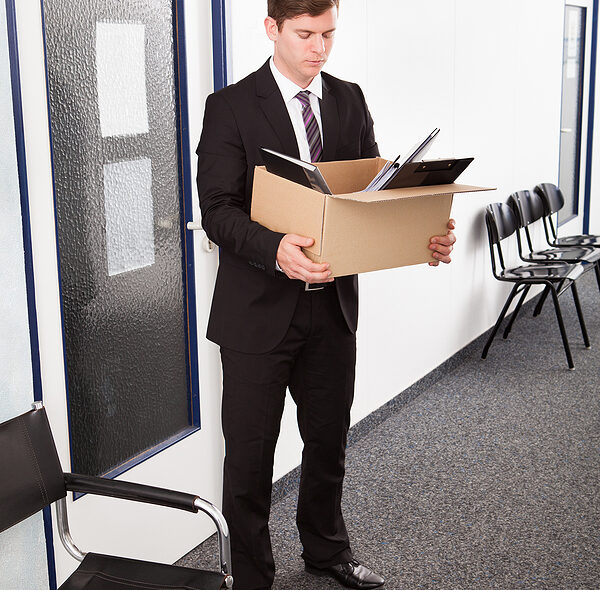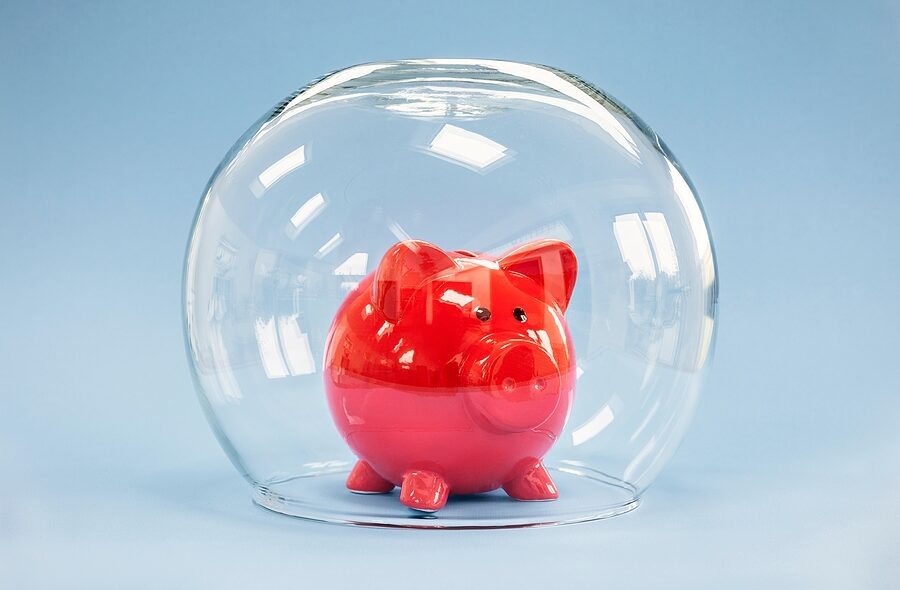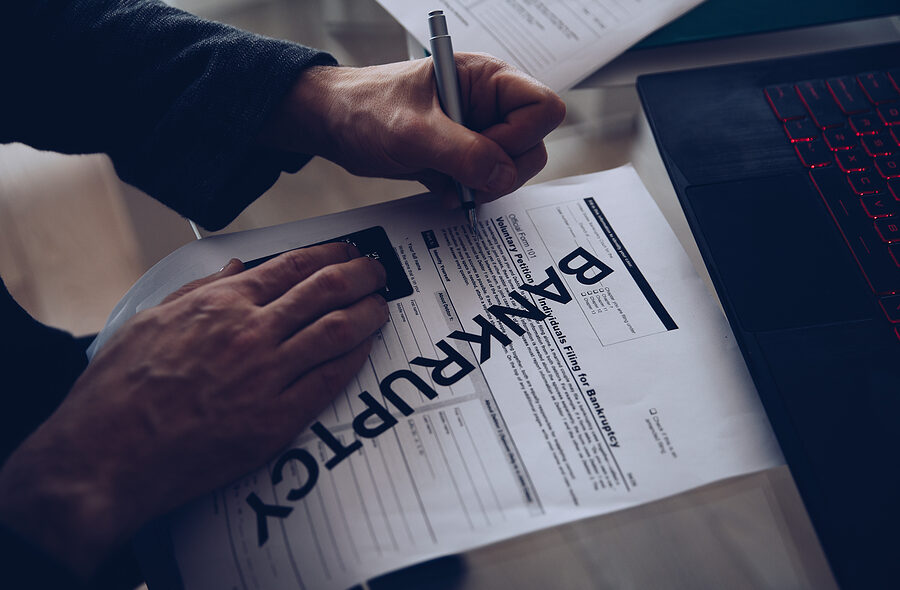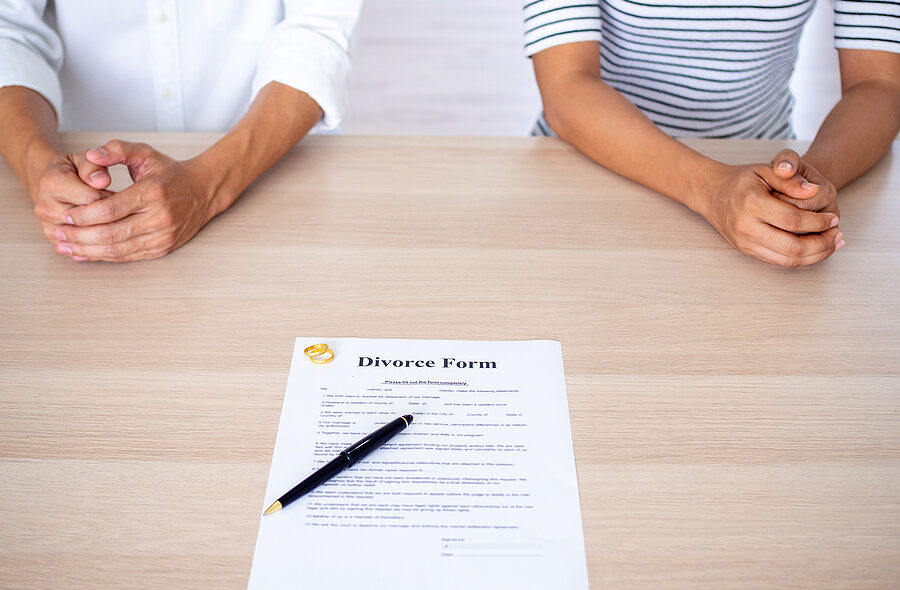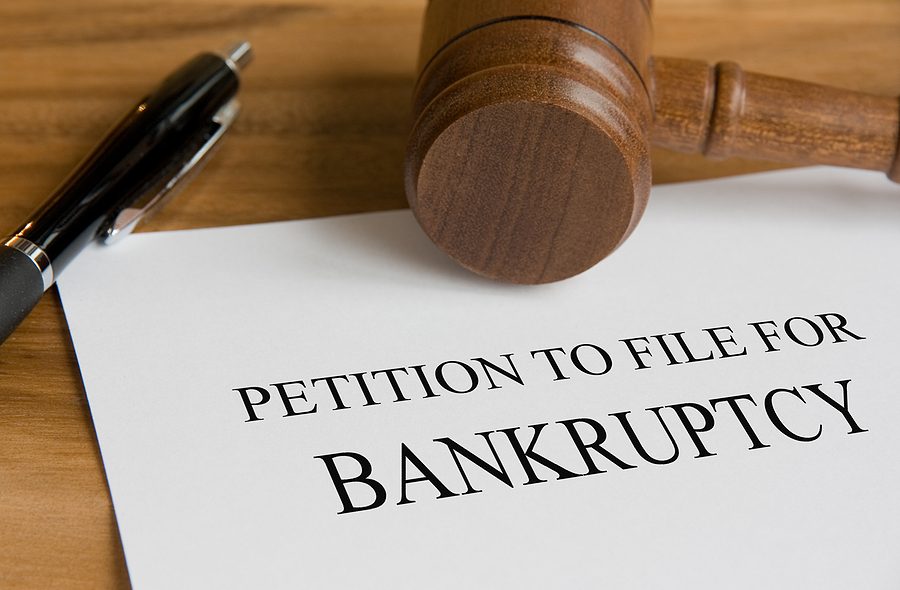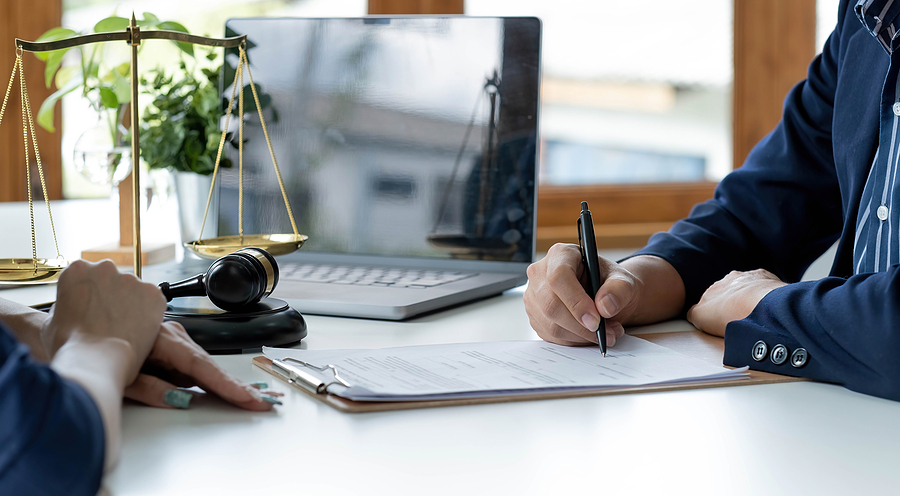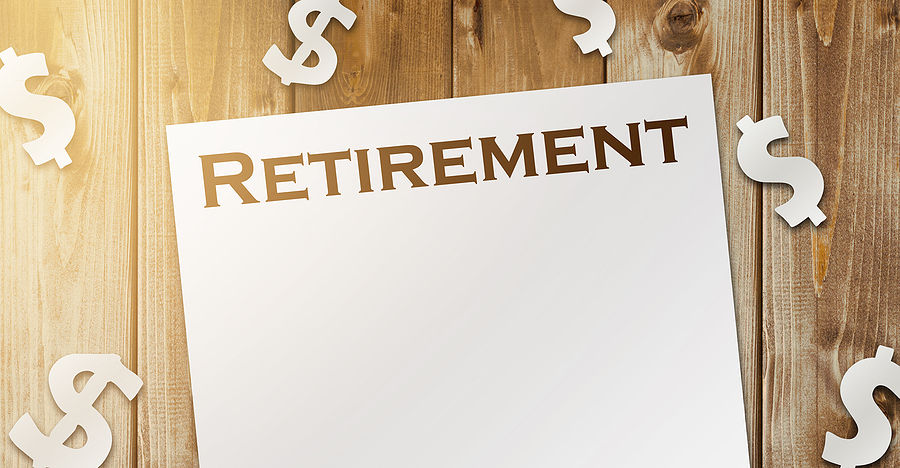Will filing for bankruptcy cause me to lose my car? The fear of losing everything is a very real fear for many bankruptcy filers. However, this is one of the most common bankruptcy myths, and can keep individuals who are drowning financially from filing for bankruptcy. One concern many filers have is, what will happen to my car during bankruptcy?
The good news is most filers will be able to keep their vehicles after filing for bankruptcy. Florida bankruptcy laws offer generous exemptions which allow individuals to keep various types of property, including their vehicle. Under the Florida Motor Vehicle Exemption, bankruptcy filers can exempt up to $1,000 in motor vehicle equity. This amount can be even more if a married couple is filing for bankruptcy jointly.

